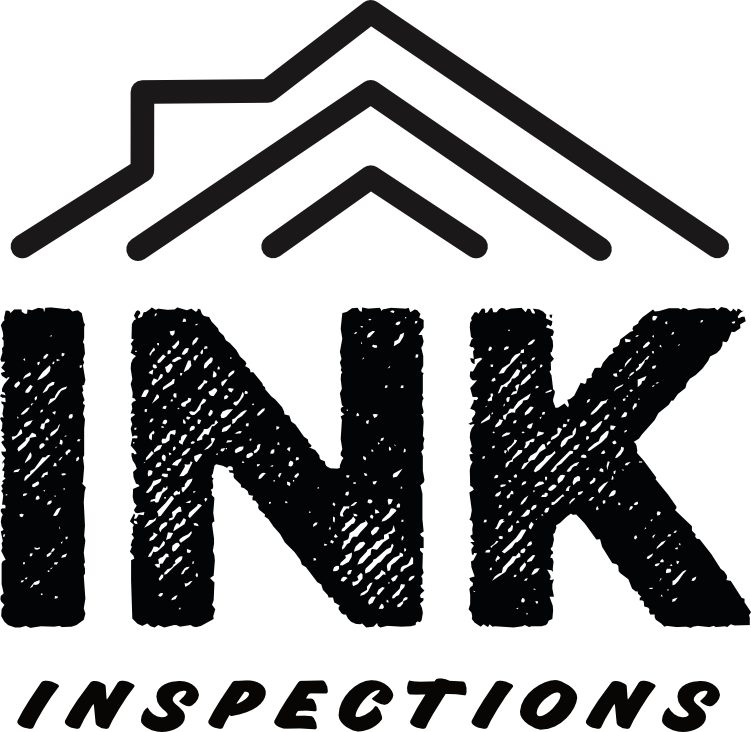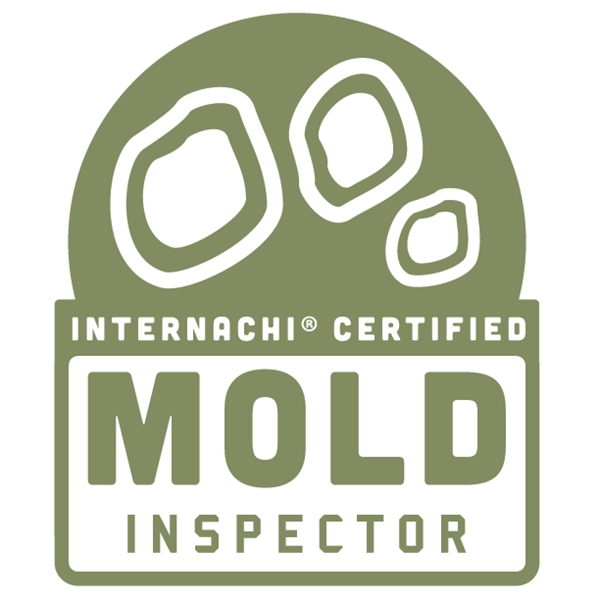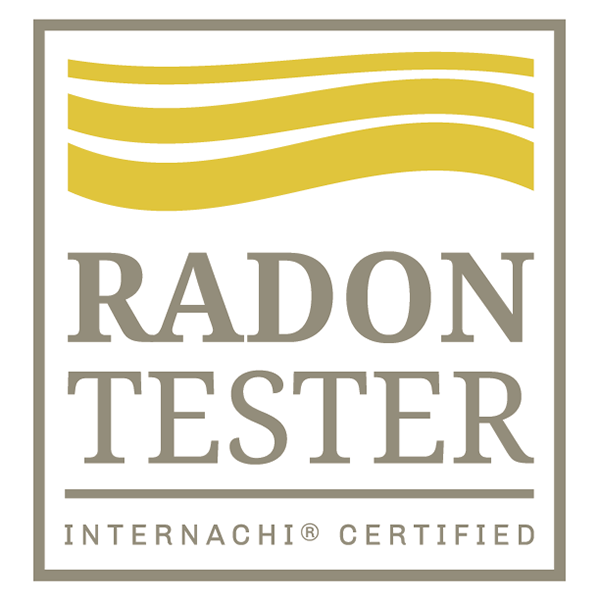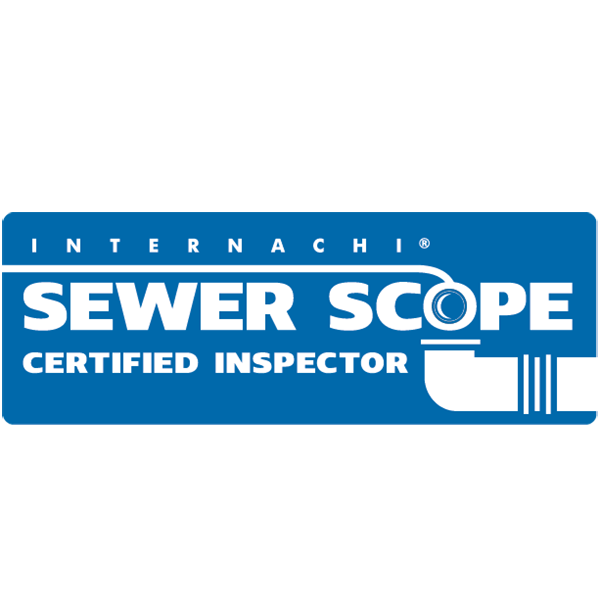I get asked very often what things are included in a home inspection. This is a good question, however I have realized that the answer is often long and usually does not provide the information the buyer is looking for. I have figured out that most buyers really want to know what is NOT included.
Most home inspectors follow a Standards Of Practice or SOP for short. The SOP is the inspectors minimum requirements for a home inspection, some states have their own required minimum standards but here in Michigan it is up to each individual inspector. Even though most inspectors follow a similar SOP a good inspector is going to go above and beyond.
What is NOT included in a home inspection will vary by inspector/inspection company. Here is a list of items I am not trained/certified to inspect.
1- Level 2 Chimney/Fireplace Inspection.
This is something that should be done every time a house is purchased. It is an in depth inspection of the homes fireplaces and chimneys. Most inspectors will do a visual inspection of easily accessible parts of the chimney/fireplace but if the home you are purchasing has one or more of fireplaces we highly recommend hiring a company that is certified to do a level 2 inspection.
2- Pools, Spas, Hot Tubs and Saunas.
These are all above the scope of a normal inspection. I highly recommend hiring a licensed/trained professional to come out and inspect these systems as well as get trained on how to properly maintain them.
3- Washer/Dryer
I recommend verifying with the sellers in writing that the washer/dryer are in working condition and the ones present will be the ones staying. Here are a few reasons I do not inspect these:
A lot of modern washers and dryers require clothes to sense and run a cycle.
A lot of the issues show up when washing bulky or heavy items.
In most cases possession is 60-90 days after the inspection so often times the condition of these changes during that period. Especially when the seller is washing everything they own before moving to their new home.
Sometimes sellers will swap out the washer and dryer when moving out (although this is not allowed it happens fairly often.)
4- Asbestos/Lead
A lot of older homes built before 1978 will have one or more areas of the home with lead and or asbestos. If I see suspicious areas I will point them out and include them in the report as “Possible Asbestos/Lead containing material”. I cannot however say with certainty whether something is or is not asbestos or lead, that requires additional training/certifications as well as very expensive testing equipment. If you want to know for certain you will have to hire someone who specializes in this to test any suspicious areas.
5-Property Lines
Inspectors do not have the licensing to mark the property borders of your home. I can guess about as well as the next guy but if you want to know your properties borders I recommend hiring a Professional Surveyor to come out and survey and stake the property.
6- The Home’s Value/Price
I get asked a lot if the selling price of the home is a good deal. I am not licensed as an appraiser so unfortunately it is not something I can provide a professional opinion on. In most cases a realtor can look at comps and give you an estimate but the actual value is determined by a licensed appraiser.
There are some services which are not included in a normal inspection but that I am licensed or trained to perform. These services do have an additional cost but can provide very important information.
Sewer Lateral Video Inspection
Termite/Wood Destroying Insect for a VA Loan
Home Energy Score
Mold Air/Swab Testing
PFAS Testing
Radon Testing
When hiring a home inspector instead make sure you ask them what is not included. That way you know what to expect and you can hire and additional professional if needed to check out any of these items.
Danny Geurink, Certified Master Inspector
Your Grand Rapids Home Inspector








